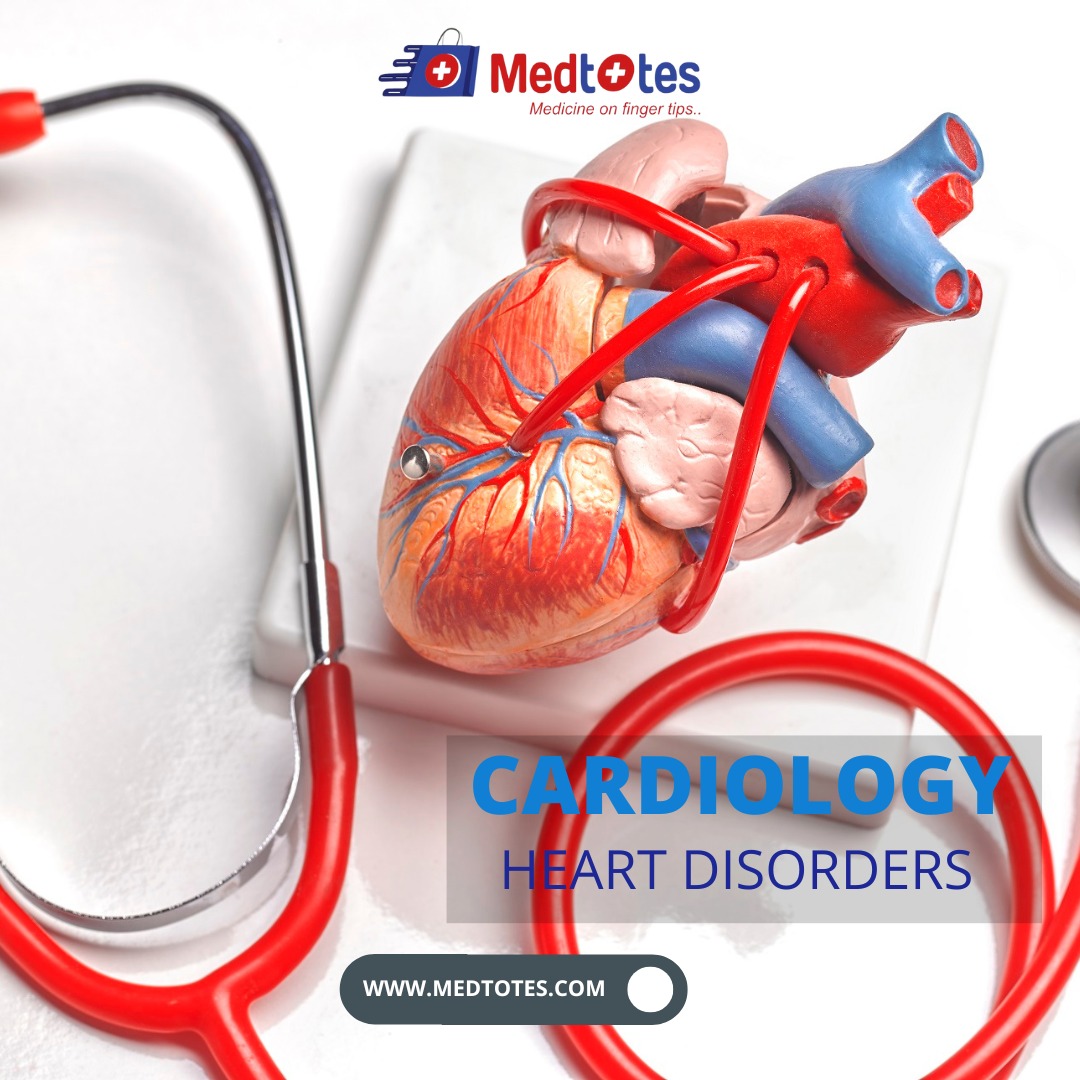Cardiovascular diseases (CVDs) damage your heart and blood vessels. To control cardiovascular disease, you may make lifestyle modifications, or your healthcare professional may prescribe drugs. The earlier cardiovascular disease is detected, the easier it is to treat. Coronary artery disease is a common cardiovascular illness that affects the primary blood arteries that nourish the heart muscle. Coronary artery disease is usually caused by cholesterol deposits (plaques) in the heart arteries.Atherosclerosis is the accumulation of these plaques. Atherosclerosis lowers blood flow to the heart and other organs. It can cause a heart attack, chest pain (angina), or stroke. Cardiovascular disease is a range of illnesses affecting your heart and blood arteries. These disorders can impact your heart and blood vessels in one or more ways.
The critical behavioural risk factors for heart disease and stroke include unhealthy eating, physical inactivity, cigarette smoking, and problematic alcohol intake. Individuals may experience elevated blood pressure, high blood glucose, elevated blood lipids, and overweight or obesity due to behavioural risk factors. These “intermediate risk factors” are detectable in primary care settings and indicate an increased risk of heart attack, stroke, heart failure, and associated complications. Coronary heart disease is a frequent heart problem in Scotland. This occurs when the blood channels of the heart, known as the coronary arteries, become restricted or obstructed and cannot supply adequate blood to the heart.
Tobacco cessation, salt reduction in the diet, eating more fruits and vegetables, regular physical activity, and avoiding problematic alcohol consumption have all been demonstrated to lessen the risk of cardiovascular disease. Health policies that foster conditions that make healthy options affordable and accessible are critical for inspiring people to acquire and maintain healthy behaviours. Angina is a pain or discomfort in your chest, arm, neck, stomach, or jaw caused by a heart’s blood supply restriction due to narrowing arteries. This congestion is known as atheroma. Angina is a sign of coronary heart disease, not a separate sickness.
Globalization, urbanisation, and population ageing are the fundamental forces driving social, economic, and cultural change. Poverty, stress, and inherited factors are also CVD risk factors. Unstable angina can manifest as unexplained chest discomfort or a sudden worsening of pre-existing angina. It occurs when the blood flow to the heart is significantly reduced, resulting in increasingly frequent angina attacks with less and less activity. Furthermore, medication for hypertension, diabetes, and high blood lipids is required to minimize cardiovascular risk and prevent heart attacks and strokes in persons with these illnesses. A heart attack, also known as a myocardial infarction or MI, occurs when the blood supply to a portion of your heart muscle is completely cut off. This is usually caused by a fatty substance fragment breaking off and forming a blood clot within a coronary artery. This can harm the part of your heart muscle supplied by that particular coronary artery.
Several types of heart diseases
- Arrhythmia
- Atherosclerosis
- Cardiomyopathy
- Heart abnormalities that occur during birth
- Coronary artery disease (CAD) is a type of cardiovascular illness.
- Heart infections
Heart Disease Causes
- Injury to the entire or a portion of the heart.
- An issue with the blood arteries that lead to or from the heart.
- A deficiency in the delivery of oxygen and nutrients to the heart.
- A difficulty with the heart’s rhythm.
Factors in one’s lifestyle and medical circumstances that contribute to heart disease
- High blood pressure
- A high level of cholesterol
- Smoking
- A high alcohol consumption
- Obesity and being overweight
- Diabetes
- A family history of cardiovascular illness
- Dietary options
- Age
- A history of pregnancy-related preeclampsia
- Low levels of activity
- Obstructive sleep
- High levels of stress and anxiety
- Heart valves that are leaking
Symptoms of a heart attack
- Chest discomfort
- Breathlessness
- Palpitations in the heart
- Nausea
- Stomach ache
- Sweating
- Pain in the arm, jaw, back, or legs
- A feeling of choking
- Ankles swollen
- Fatigue
- An erratic heartbeat
Heart disease necessitates lifestyle modifications!
- Drugs you are taking
- Your normal workout routine
- Your usual diet
- Personal history of hypertension or diabetes
- Whatever symptoms you’re having, such as a racing heart, dizziness, or fatigue
- Smoking cessation
- Blood pressure management
- Exercising regularly
- Keeping cholesterol levels in check
- If you are overweight, you must lose weight.
- Healthy eating
Conclusion:
If you’ve recently been diagnosed with heart disease, talk to your doctor about keeping you healthy as possible. Make a careful inventory of your daily behaviours to prepare for your appointment. Maintain your health by getting frequent check-ups and living a proper and healthy lifestyle.
you feel more at ease and confident about your procedure.
For More Information or Contact…!!!
𝗖𝗔𝗟𝗟: 040 35159159
WhatsApp: 7075490607
𝗩𝗶𝘀𝗶𝘁: https://www.medtotes.com/
Drop us an email at:- support@medtotes.com
Download app:
Android: https://bit.ly/3Q3gQw8
iOS: https://apple.co/3nknQIm

